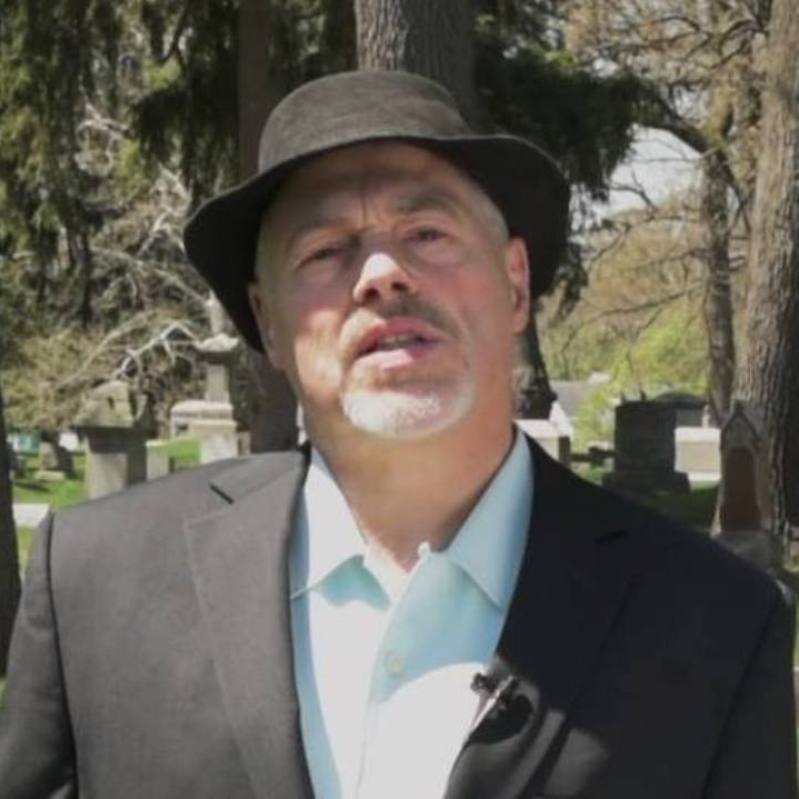
The tradition of Christian-only prayers at public meetings by Michigan county commissioners violates the U.S. Constitution by promoting one faith over others, a federal appeals court ruled Wednesday.
In a 2-1 decision, court judges ruled in favor of Michigan resident Peter Bormuth, who was offended after he began attending Jackson County Board of Commissioners meetings in 2013 to discuss environmental issues, reports Fox News. When Bormuth reportedly rose during the public-comment period at a Jackson County meeting and asked the Commission to alter its prayer practice, at least one Commissioner turned his back on him. A commissioner reportedly called Bormuth a "nitwit" for filing the case, and his lawsuit was positioned as another commissioner as an attack on Jesus Christ.
Jackson County Board of Commissioners have included prayer as part of their official meetings since 2011. On a rotating basis, the County Commissioners delivered prayers they themselves compose.
In the lawsuit, the situation was outlined as the following: "Month after month, the Jackson County Board of Commissioners opens its public meetings with an invocation delivered by one of the nine Commissioners. The Chair asks the citizens who attend the meeting to rise, "assume a reverent position," and bow their heads in prayer. The Commissioners-all of whom are Christian-deliver Christian prayers, often in the name of Jesus Christ, and do not allow members of other faiths to lead the prayer. Citizens who attend the meetings in order to petition the County Commissioners-just minutes after the prayer takes place-have little choice but to participate, even if doing so violates their conscience. Otherwise, the Commissioners will view them as unwelcome religious dissenters."
The 6th U.S. Circuit Court of Appeals judges said prayer invocations at public meetings can be legal. But in Jackson County, Mich., the court noted that only commissioners offered a prayer, not audience members, and the prayer was always Christian, not from other faiths.
They said the exclusion of non-Christian prayers puts Christianity "in a privileged position" and "advances one faith over others."
"There is no distinction between the government and the prayer-giver: They are one and the same. The prayers, in Bormuth's words, are literally 'government speech,'" said judges Karen Nelson Moore and Jane Branstetter Stranch.
The Appeals court reversed a decision by U.S. District Judge Marianne Battani in Detroit, who said Bormuth was being "hypersensitive."
"I'm very pleased. I can't wait to read the decision," said Bormuth, 61, a non-lawyer who has represented himself during more than three years of litigation. "One of the greatest gifts we were given by our Founding Fathers was the separation of church and state and religious freedom."
In his lawsuit, Bormuth said he felt compelled to stand and participate in religion to speak to elected officials at meetings. He believes his criticism of the prayer practices likely cost him appointments on a county solid waste committee and a public works board.
County Administrator Mike Overton said an invocation is offered at monthly meetings. "Each commissioner does whatever they feel is appropriate," he said. "I haven't seen anything other than a Christian prayer or a moment of silence. We aren't trying to proselytize or anything like that."
In dissent, Appeals Judge Richard Griffin said the court's majority opinion misapplied U.S. Supreme Court decisions on public prayer. He also said Jackson County commissioners are not required to give people of other faiths an opportunity for an invocation.
These commissioners-all of whom are Christian-declined to allow prayers at the meeting to be delivered by private citizens, because "if someone from the public wants to come before us and say they are an ordained minister, we will have to allow them."







